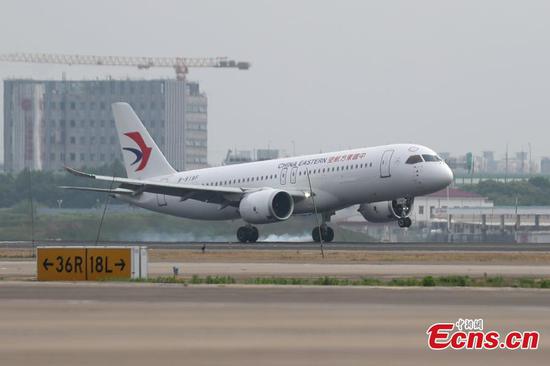
China Eastern Airlines' C919 aircraft carrying more than 100 Hong Kong students arrives at the Shanghai Hongqiao International Airport, June 1, 2024. (Photo: China News Service/Zhang Hengwei)
(ECNS) -- Commercial Aircraft Corporation of China (COMAC) said on Wednesday that an ARJ21 regional jet and a C919 large passenger aircraft completed their first demonstration flights using sustainable aviation fuel (SAF).
The flights, departing from Shanghai Pudong Airport and Dongying Airport in Shandong respectively, lasted over an hour, showcasing the excellent flight performance when fueled with SAF.
The SAF used was produced using a bio-jet fuel production technology independently developed by Sinopec. The raw material for this SAF comprises waste oil from restaurant leftovers, commonly known as "gutter oil."
After being collected and processed, this waste oil is converted into bio-jet fuel at Sinopec's Zhenhai Refining & Chemical Company, which houses the country's first industrial facility for producing bio-jet fuel.
This fuel is blended with the most widely used aviation kerosene (Jet A-1 fuel) at a volumetric ratio of 40 percent. All physical properties of the blended fuel are consistent with those of traditional petroleum-based fuels, meeting both national standards and industry requirements.
Compared to traditional aviation fuels, SAF can reduce carbon emissions by up to 80 percent over its entire lifecycle. The use of SAF is a crucial measure for the civil aviation industry to address global climate change and reduce carbon emissions.
Currently, major international aircraft manufacturers, global airlines, and tech companies are actively researching the practical application of SAF. In China, more than ten enterprises and research institutions are engaged in the development and production of SAF, with several airlines having conducted commercial test flights using domestically produced SAF.












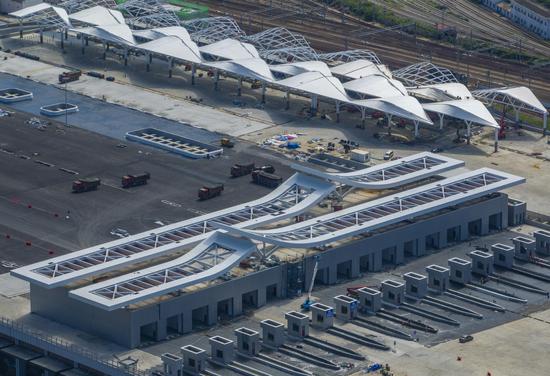


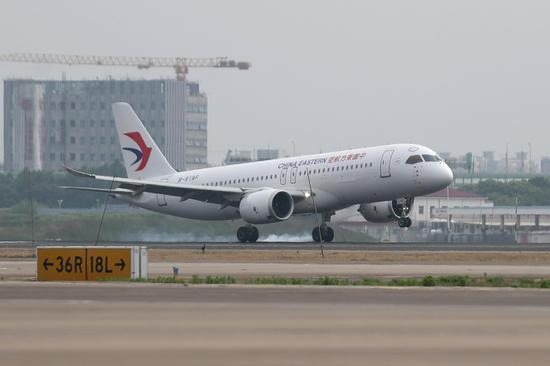


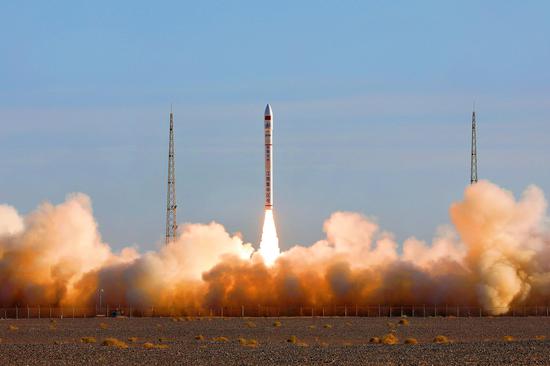





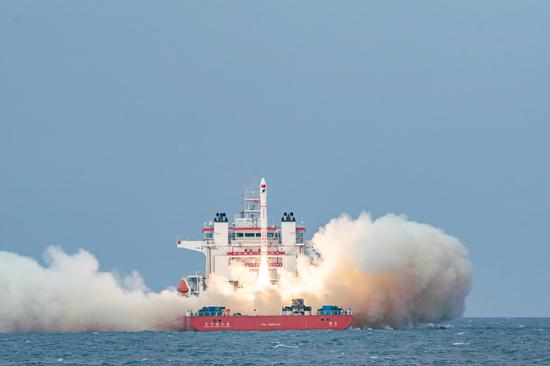
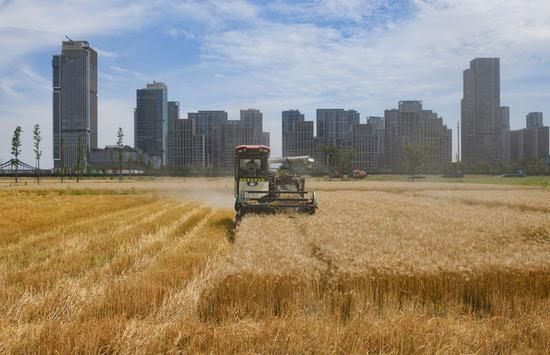






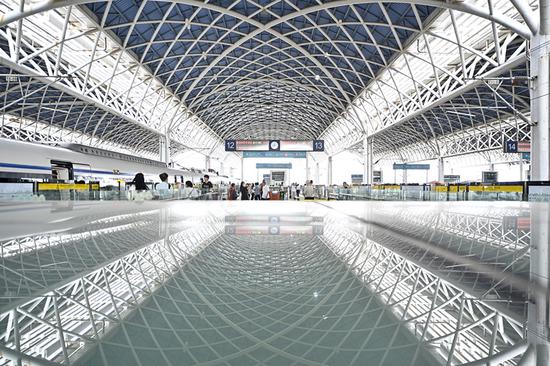










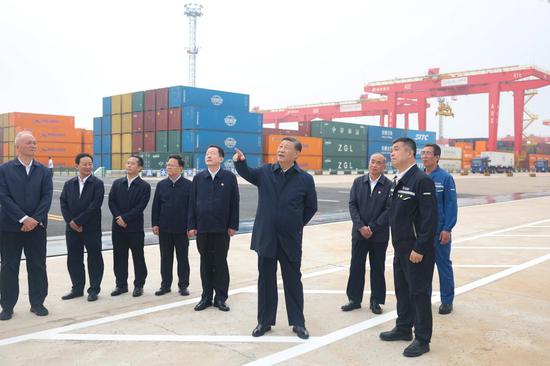






 京公网安备 11010202009201号
京公网安备 11010202009201号